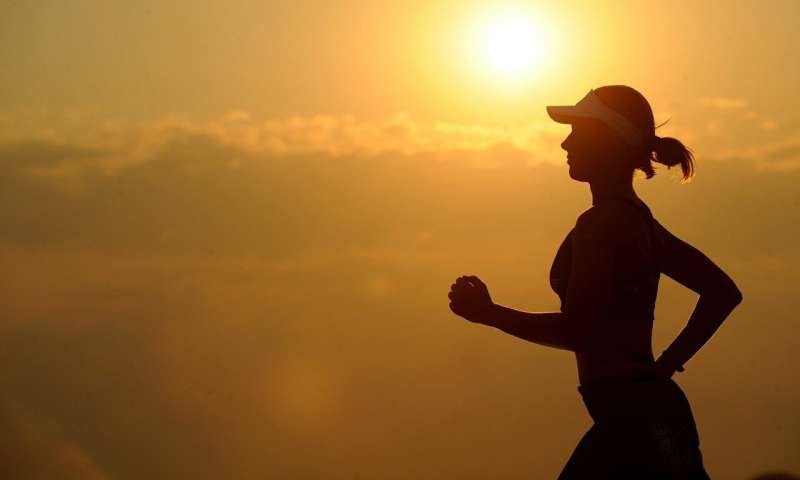
In light of recent park closures by conservation authorities and municipalities to prevent the spread of COVID-19, people need to be creative in how they connect with nature, says Kyle Rich, Assistant Professor of Recreation and Leisure Studies at Brock University.
Connecting with nature could include activities like gardening, strolling around the block or walking in a neighbourhood park.
“Research shows that exercising outdoors and even just being outdoors, where you’re exposed to natural products like wood, flowers or plants, stimulates physiological responses in our body,” says Rich.
Even better, exposure to the outdoors has tangible positive mental health outcomes.
“It’s important to consider the physiological and mental health benefits of being outdoors and how to integrate that into your plans when you can’t go to the gym or go out with friends to social events like you normally do,” says Rich.
Even having plants or pets inside the house makes a difference, he adds.
When making plans to be outside, Rich stresses the need to avoid touching surfaces and follow physical distancing and other protocols to prevent the spread of COVID-19.
“Appreciate what we do have access to,” he says. “If you have a small backyard or a balcony, take the time to use it and make the best of it. You could even take your home workout to the front porch.”
Kyle is co-author of the recent policy brief “Mood Walks: The role of parks and recreation in mental health promotion” from Brock’s Niagara Community Observatory, co-authored by Martha Barnes, Associate Professor of Recreation and Leisure Studies.
This work builds on earlier Brock research conducted at the Glenridge Quarry Naturalization Site in St. Catharines which found walking in a natural setting improves mood more so than in urban environments.
Cheryl McCormick, Professor of Psychology and Director of Brock’s Centre for Neuroscience, oversaw the research conducted by then-Ph.D. student Shawn Geniole.
Source: Read Full Article
